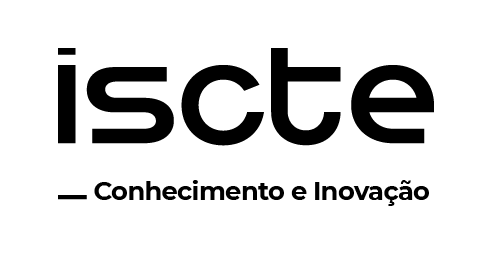- Notícias
- Eventos
- Iniciativas Recorrentes
- Biografias e Trajetórias
- Cidades & Impérios: dinâmicas locais, fluxos globais
- Workshops de Investigação
- Diversidade Cultural em Famílias Contemporâneas
- Fórum Pesquisas CIES
- Encontros de Estudos sobre a China
- Experiências Culturais
- Experiências Migratórias
- Fórum das Políticas Públicas
- Género, Sexualidade e outros marcadores sociais de diferença
- Leituras ETNO.URB
- Migrações no Espaço Digital: experiências, transformações e resistências
- Movimentos Sociais e Ação Política
- Novas Perspectivas em História Moderna
- Políticas e Práticas Linguísticas e de Literacia
- TALK - Arte e Cultura
- Calls
→ Link ZOOM: https://bit.ly/MigDigital_2
INTRODUCING THE SPEAKERS
Olga Hannonen
University of Eastern Finland, Finland
Olga Hannonen (PhD) is a human geographer and a tourism researcher, who currently works at the Business School, University of Eastern Finland. She has carried out research on second-home and residential mobilities in Russia, Finland, Spain, and the Turkish Republic of Northern Cyprus. Her recent research focus is on human-nature interactions and on theoretical aspects of digital nomadism as a new and growing trend in lifestyle mobilities.
Bianca de Loryn
James Cook University, Australia
Bianca de Loryn is a location independent journalist and social researcher. After studying an M.A. in American Studies at Ruhr-University Bochum and San Diego State University, Bianca worked as a software reviewer for German print and online computer magazines, before starting an online business as an international travel agent in 2006. In 2010, she transitioned to social research and to interviewing researchers about their work for an online magazine. Bianca is currently a PhD candidate in Sociology at James Cook University in Cairns, Australia. Her PhD thesis discusses how digital nomads have weathered the COVID-19 pandemic.
Micaela Vieira
Startup Madeira, Portugal
Micaela Vieira has a bachelor’s degree in Communication Sciences and a master’s degree in Management. Since October of 2017, has been closely working with Startup Madeira, as a project coordinator of Madeira Startup Retreat, an acceleration program for international travel & tourism startups, that during the last 4 editions has welcomed Madeira Islands over 39 international startups and 127 entrepreneurs from 32 nationalities. Since September of 2018, performs the duties of Project Manager, at Startup Madeira. Besides Madeira Startup Retreat, has been attached to the projects of startNOW; Tourism Innovation Challenge; Startup Visa and, now, the Digital Nomads Madeira Islands.
The international seminar cycle Migration in Digital Space: experiences, change and resistance aims at developing an interdisciplinary framework to analyse how migration is constructed, transformed and mapped by/within digital space, in order to expand our knowledge on its impact in both online and offline space. The seminar cycle intends to contribute to improving and fostering knowledge in regard to contemporary global challenges encompassing migration, forced displacement and refugee movement. Furthermore, it seeks to harmonize dialogue between the social sciences and digital technology fields, and move towards offering innovative contributions to public policy. In these seminars we wish to debate the role of digital technologies in migration in several domains:
- New methodologies and techniques of applied investigation to migration studies (digital ethnographies);
- The use of digital technologies and ‘Big data’ by the state as an information source, and control and monitorization tools in managing migratory processes;
- Critique of the expansion of hate discourses towards migrants and ethnic minorities;
- The increase in inequalities in regard to access to information (i.e., digital divide);
- The visibilization and production of new practices of participation and resistance through digital space from migrants and civil society organizations;
The sessions strive to include a variety of speakers from different backgrounds, including academics, artists, media professionals and political representatives, with events taking place every three months and held in the hybrid format.
Organizing Committee:
Ana Raquel Matias, CIES-Iscte
Simone Castellani, CIES-Iscte
Sofia Gaspar, CIES-Iscte
Thais França, CIES-Iscte



